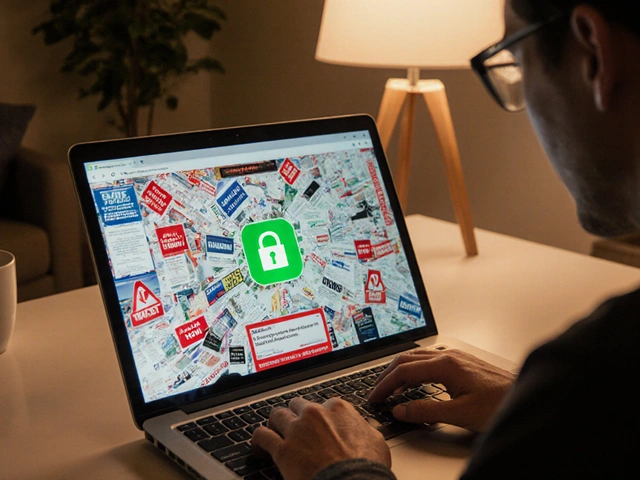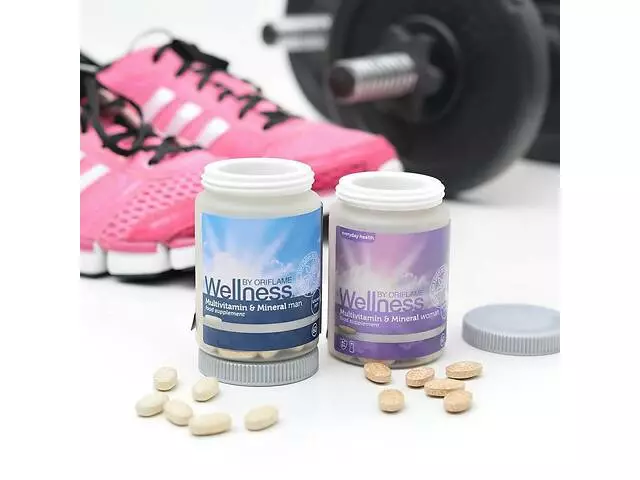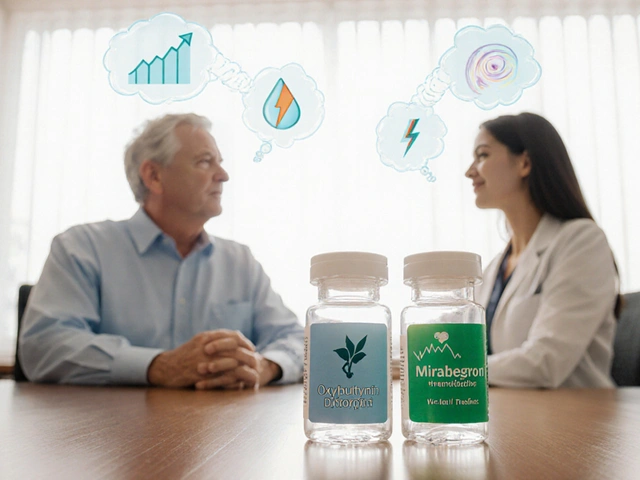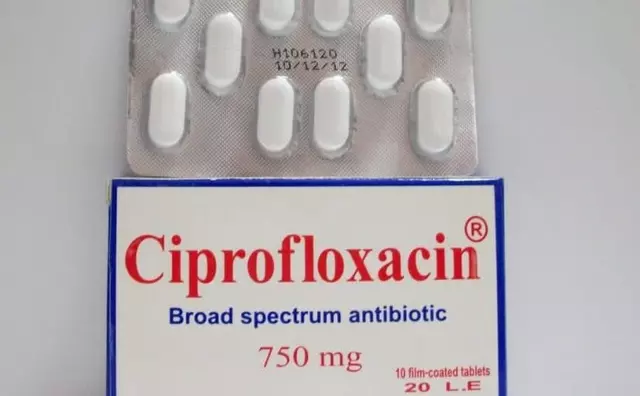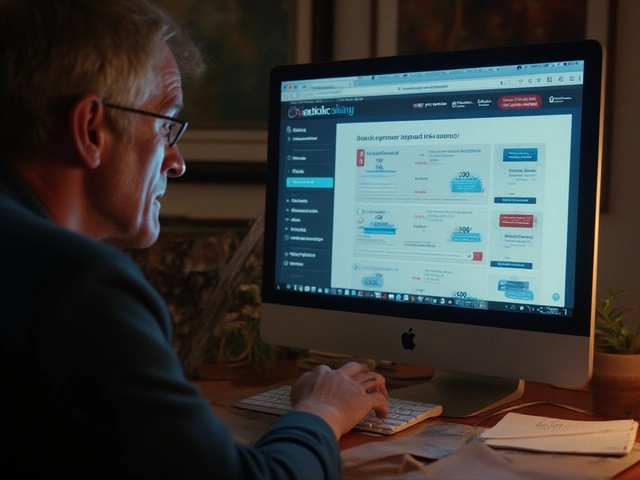Mental health: Practical help, safe meds, and where to get support
Mental health problems feel heavy and confusing. You want clear, useful steps—what to try now, when to see a pro, and how to get medicines safely if you need them. Below are straightforward tips and resources you can use right away.
Quick steps you can use today
If anxiety or low mood hits, start with small, proven actions: keep regular sleep (same sleep and wake times), move for 20–30 minutes daily, and cut back on booze and late-night screens. Try a simple breathing exercise: breathe in for 4, hold 4, out 6. That slows your heart and calms panic fast. Track one small win each day—made your bed, took a walk, called a friend. Small wins add up.
When thoughts get overwhelming, use grounding: name five things you see, four you can touch, three you hear, two you smell, one you taste. It works in minutes and doesn’t require training.
Therapy, meds, and how to combine them
Therapy (CBT, ACT, or short-term behavioral work) is the best starting point for most anxiety and depression. If symptoms are severe or don’t improve, medication can help. SSRIs and SNRIs are common first options; other drugs or combinations come later and need a prescriber’s guidance. Talk openly with your clinician about side effects and realistic timelines—some meds take 4–8 weeks to show benefit.
Teletherapy and telepsychiatry are solid options if local care is scarce. Ask potential therapists about their approach, session length, and cancellation policy. If you’re prescribed meds online, make sure the service requires a real medical evaluation and provides a licensed prescriber.
Use medication alongside therapy, not instead of it, unless your clinician advises otherwise. Keep a symptom journal to track changes and side effects—this makes follow-up visits more useful.
Safety first: get urgent help if you have clear plans to hurt yourself, are a danger to others, or experience psychosis (hearing voices, fixed delusions). Call local emergency services or a crisis line right away.
Finding safe online pharmacies and medicine tips
If you need to order meds online, check three things: the pharmacy is licensed in your country, it requires a valid prescription, and it lists a pharmacist or contact for questions. Extremely low prices or sites that sell controlled drugs without prescriptions are red flags. Protect your privacy—use sites with HTTPS, clear data policies, and real contact info.
Keep a paper or digital list of all meds and supplements and share it with your prescriber. Watch for new or worsening symptoms after a med starts—insomnia, increased anxiety, or suicidal thoughts—especially in the first month. If that happens, call your doctor right away.
Managing mental health is a process. Try small daily habits, get professional help when needed, and use trusted sources for medicines. If you want articles on specific meds, online pharmacy safety, or therapy options, check our site tag for related guides and reviews designed to help you make safe choices.
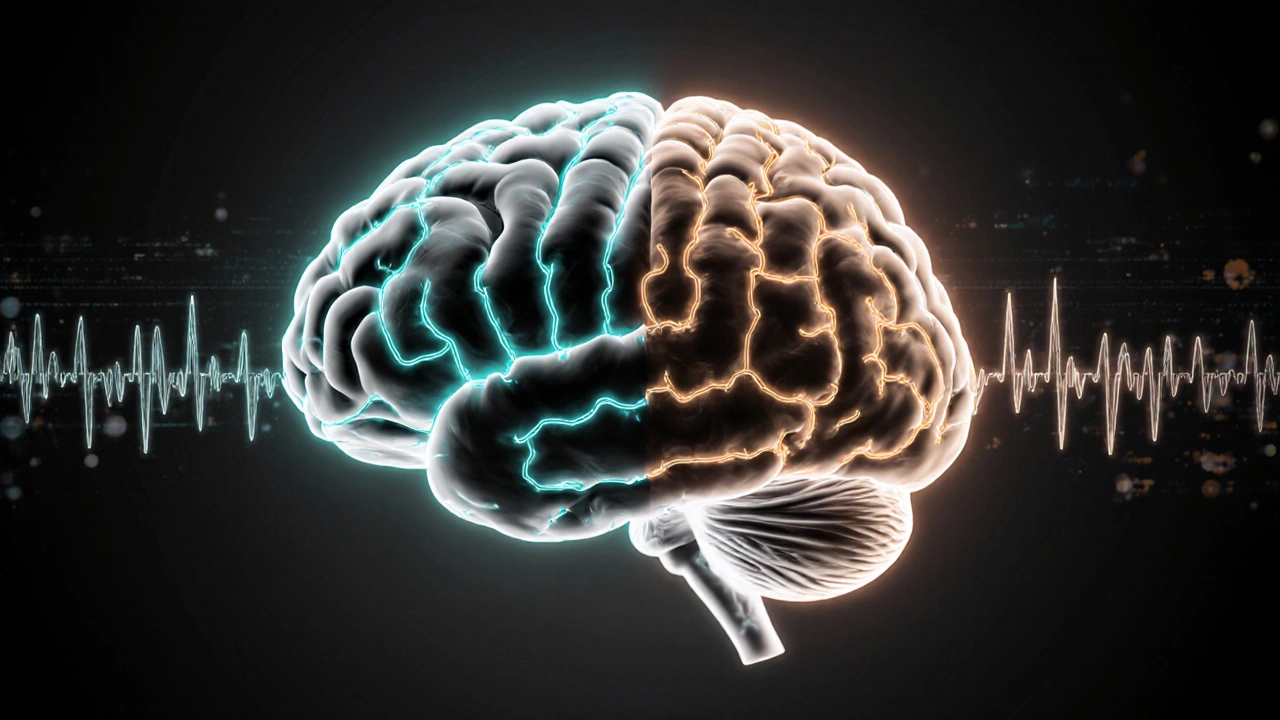
Explore how substance abuse and depressive disorder intertwine, uncover risk factors, and discover integrated treatment strategies for lasting recovery.
Chris Gore Oct 15, 2025
Anxiety and OCD often go hand in hand, creating unique challenges for those affected. This article explores how these conditions are interconnected, delves into the symptoms, and offers practical tips for managing daily life. Understanding the overlap can brighten the path toward effective treatment and a better quality of life. With a blend of expert insights and practical strategies, readers will gain a clearer view of these mental health issues.
Chris Gore Mar 9, 2025
Therapy plays a crucial role in managing symptoms of premenstrual dysphoric disorder (PMDD), offering relief and coping strategies to those affected. By focusing on cognitive behavioral therapy (CBT) and other therapeutic modalities, individuals can experience improved emotional regulation. This article explores various therapy methods for PMDD, providing insights into how they help alleviate distress. Understanding and addressing the psychological aspects can enhance quality of life for many.
Chris Gore Jan 22, 2025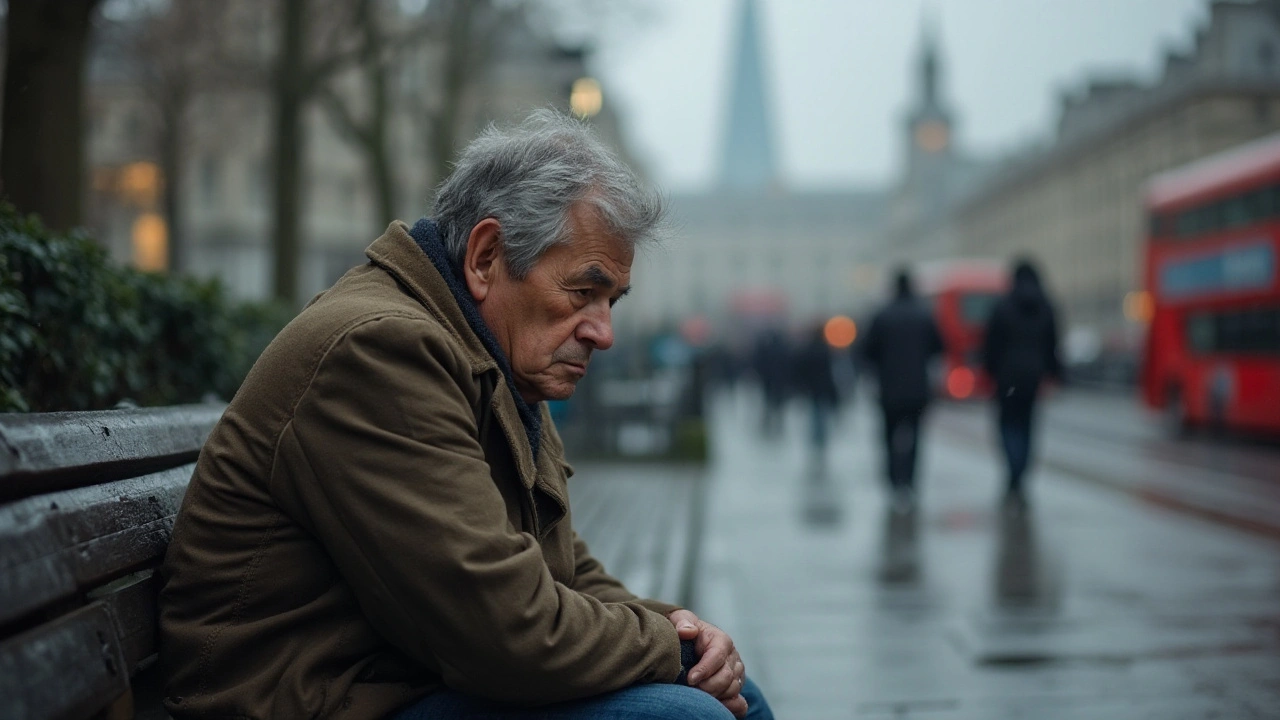
Chronic Hepatitis C not only impacts physical health but also significantly affects emotional wellbeing. This article delves into the emotional challenges faced by those living with this condition and offers tips for managing mental health. Learn about the connection between chronic illness and emotional struggles and discover ways to improve your overall wellbeing.
Chris Gore Sep 8, 2024
